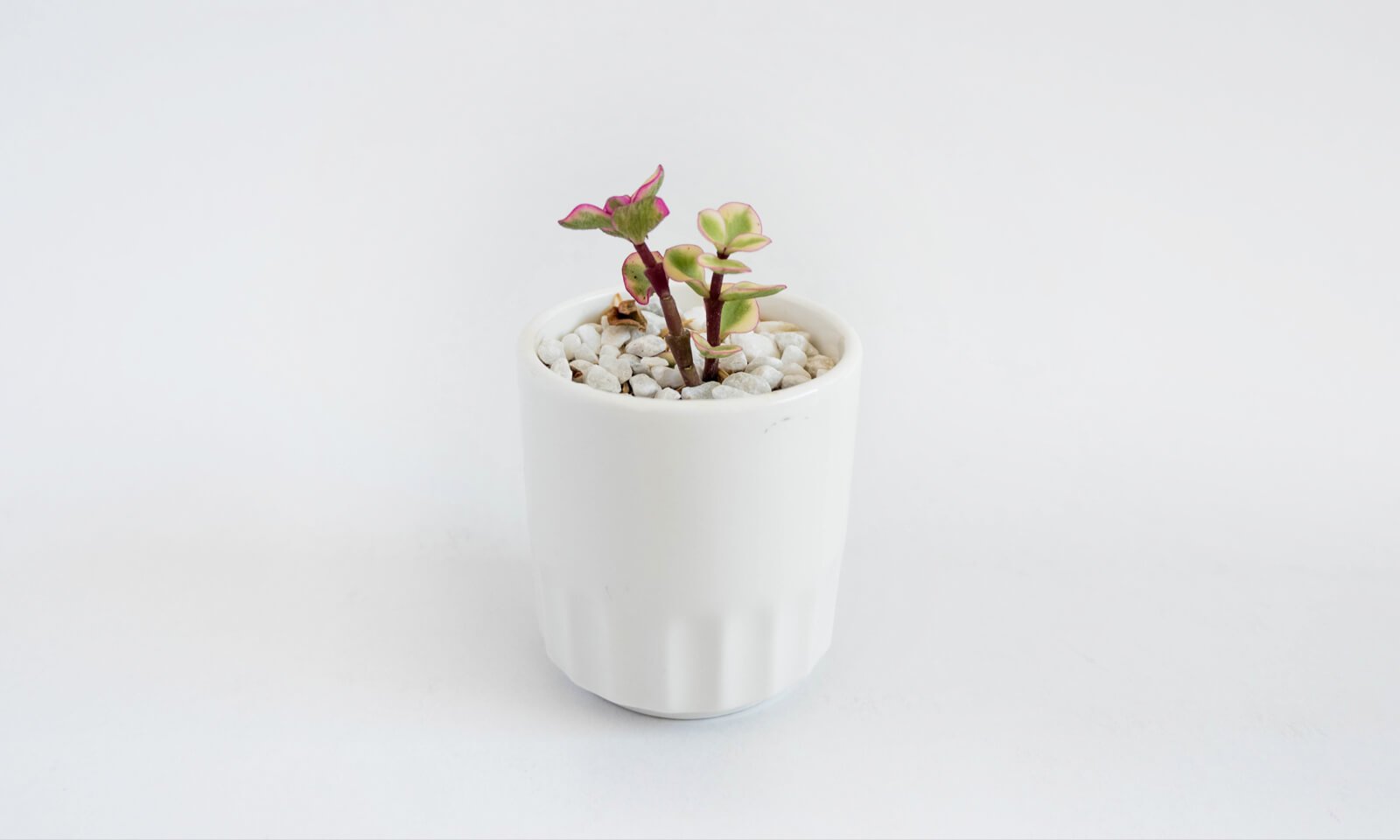empowerment via education of risk
to improve mental health for all. For you.

Self care is the least selfish thing you can do. Not only do you deserve wellness, but those around you will benefit from a healthier you, as well.
self care
self-care/ˌselfˈker/noun
- the practice of taking action to preserve or improve one’s own health.
- the practice of taking an active role in protecting one’s own well-being and happiness, in particular during periods of stress. “I use ever to improve my self care.”
When you hear the phrase “self care” what comes to mind? For some, it may be the image of bubble bath and a facemask. For others, a hot mug of tea. A hike in nature. A stroll around the block. An activity of sorts. And, while having a list of these activities is supremely useful, especially in times of distress, self care can, and should, include more.
There is self care you do, and there is self care you are.

self care activities
When planning self care activities there is a great guide to keep in mind: the plus one. Make a list with as many activities that please you – or calm you – or feed you – as you can think of. Put it in the notes on your phone, or tucked away in your bedside table, as long as you keep this list around. Set a reminder to do one of these activities at least once a day, on a normal day, as preventative mental healthcare. But, in times of distress, use this list deliberately in order to find peace more swiftly. Think of a number between one and ten that most accurately describes your level of agitation, upset, or pain, with ten being the strongest. Take that number and add one. Then, do that many things. Use your list and do as many activities as your level of stress indicates, plus one. Remember, you’re doing this for yourself. There is no one better for the task! You’ve got this. You are now your own plus one.

self care practices
Self care as a way of being is powerful and profound. In many cases, an activity may feel easier; you can see it, measure it, and check off a neat box. But, working to strengthen your inner self care muscle may be the most beneficial practice of all. It may seem unnatural, or even awkward, at first, just like any time you use a new muscle. But, with time, your muscle strengthens and flexes. You develop muscle memory. Though these less visible self care practices are deeply personal, there are some examples that apply to so many of us. Like asking for help. Learning to say “I don’t feel well,” when you are tired or anxious or burnt out, rather than just to describe physical ailments. Setting clear boundaries. Choosing to forgive. Choosing not to forgive. Saying “no” to activities, even those that are labeled as self care. Staying home. Staying true to what you want and need. This practice is hard, but it’s everything.

mindfulness
Mindfulness is the practice paying careful, deliberate attention to the present without judgement. It is powerful and personal. It is a practice that takes practice.